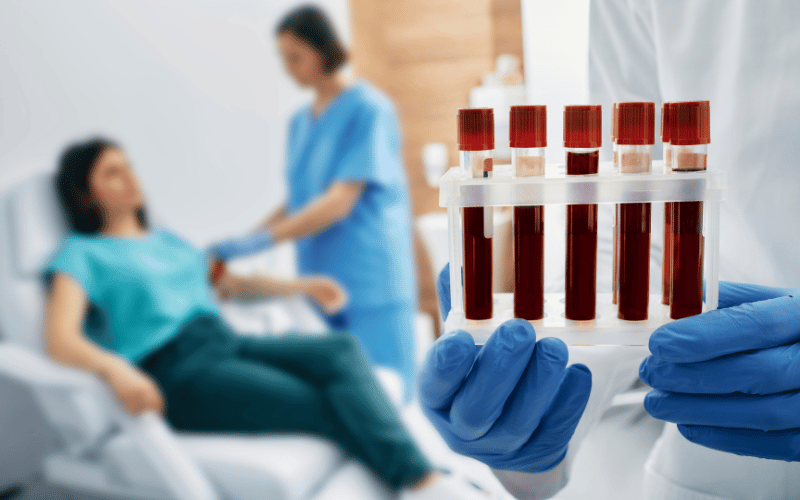Fact 6. A Confusing Masquerade: The Diagnostic Challenge of ALS

Often shrouded in ambiguity, the task of diagnosing ALS is as daunting as the disease itself. Unlike other conditions, no distinct blood test, scan, or procedure can definitively determine ALS’s presence.
Instead, it demands a careful evaluation of symptoms, coupled with extensive neurological testing, to ensure an accurate diagnosis. This complex procedure often extends over months, testing the mettle of both the patient and the medical professionals involved.
During this initial phase of diagnosis, the patient may experience an array of ALS-like symptoms, which can be bewildering. From muscle weakness and stiffness to slurred speech and difficulty swallowing, these symptoms bear an uncanny resemblance to other neurological conditions. Consequently, these mimicking traits can potentially lead to misdiagnosis or delayed diagnosis, increasing the anguish for the patient and their loved ones.
The diagnostic process, often rigorous and meticulous, hinges on a strategy known as differential diagnosis. The objective is straightforward yet complex – eliminate other diseases that exhibit similar symptoms to ALS. For instance, multiple sclerosis, myasthenia gravis, and spinal cord tumors could initially present with symptoms resembling ALS, but each of these conditions requires different treatments.
As part of the diagnostic process, doctors often employ a suite of tests, which may include electromyography (EMG) to assess electrical activity in muscles, nerve conduction studies to measure the speed of nerve signal transmission, and magnetic resonance imaging (MRI) to rule out spinal cord tumors or other potential conditions. Each test contributes valuable insights, assisting in piecing together the jigsaw puzzle of symptoms, thereby inching closer to a confirmed diagnosis.
Despite the challenges, obtaining an early and accurate diagnosis of ALS is paramount. A correct diagnosis enables timely implementation of management strategies, potentially slowing disease progression and improving the patient’s quality of life. It also offers the patient an opportunity to plan ahead, making necessary adjustments to their lifestyle and setting up support systems.
Advancements in medical technology, alongside heightened awareness about ALS among healthcare professionals, could potentially expedite the diagnostic process. Further research is also underway to discover biomarkers that could lead to a definitive test for ALS in the future. (6)